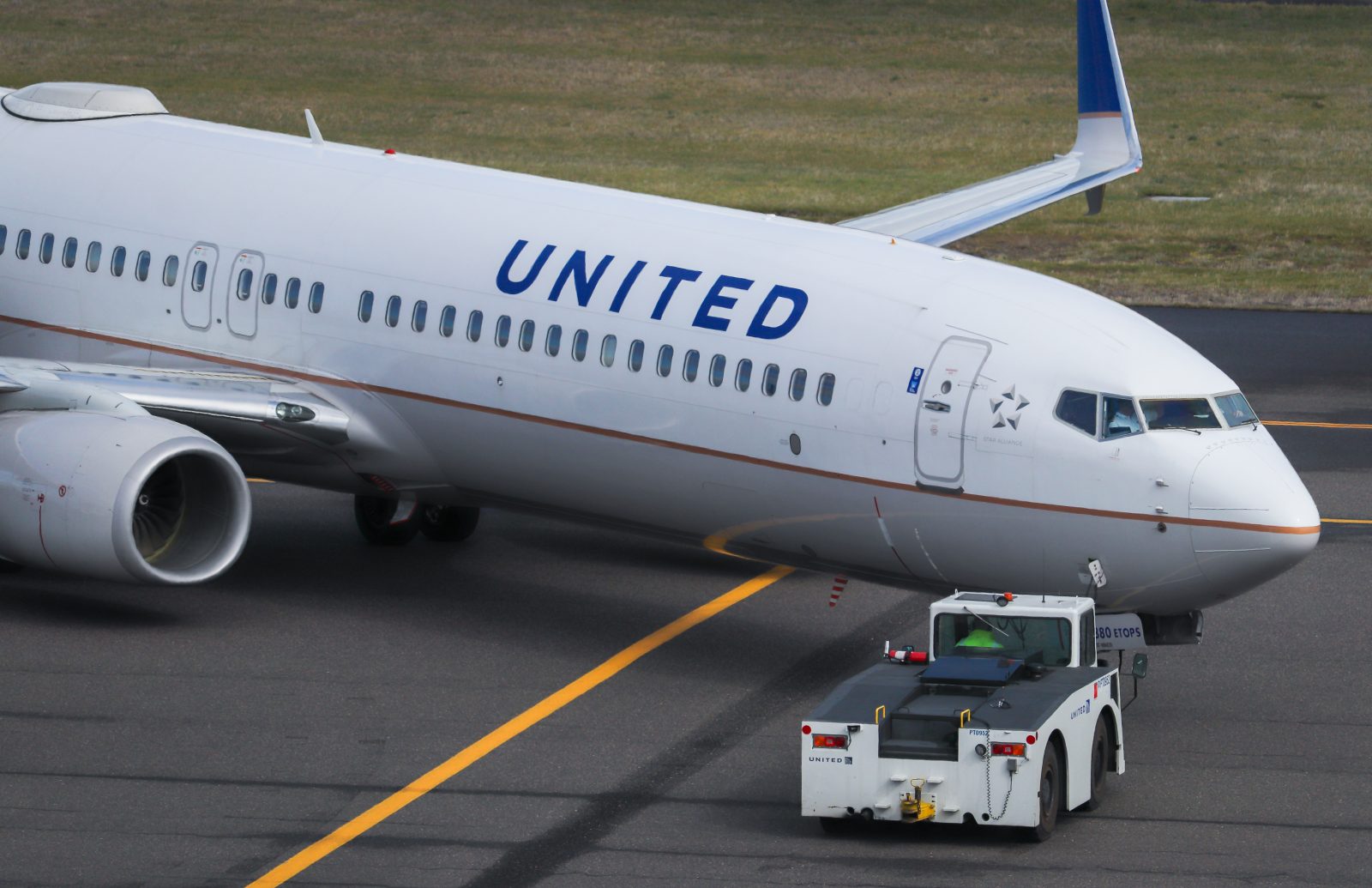
United Airlines has confirmed that it has extended the inspection process of mid-cabin exit plugs on its Boeing 737 fleet and that it started carrying out pro-active checks on 737-900ER aircraft, in addition to grounded 737 MAX 9 aircraft last week.
The Federal Aviation Administration (FAA) has told airlines that it is now recommending they carry out inspections of mid-cabin exit plugs on some older Boeing 737 models in addition to the grounded 737 MAX 9.
The agency has stopped short of mandating additional checks, and there is currently no suggestion that the model could be grounded as the investigation into why an exit plug blew out of a brand new Alaska Airlines 737-9 shortly after takeoff on January 5.
UA: I'm hearing that UA is voluntarily inspecting 737-900s now. Not grounding mind you, but inspecting door plugs during downtime.
—JonNYC
(@xJonNYC) January 21, 2024
On Sunday, the FAA said it was recommending that inspections be extended to the 737-900ER variant, which shares an identical exit plug design as the MAX 9 model.
The 737-900ER is an incredibly popular aircraft amongst U.S. airlines, and United alone has a fleet of around 136 of these aircraft in its fleet – many of which have a mid-cabin exit plug.
In a new Safety Alert, the FAA says it is ‘encouraging’ airlines to “conduct a visual inspection to ensure the door plug is restrained from any movements through the two upper guide track bolts and two lower arrestor bolts”.
An ongoing investigation by the National Transportation Safety Board (NTSB) is looking at the possibility that these bolts were not properly installed on the Alaska Airlines aircraft that suffered a blowout.
Both Alaska Airlines and United have discovered loose bolts on other MAX 9 aircraft.
On Sunday, aviation insider JonNYC on X noted that United may have already extended inspections to its 737-900ER fleet, but the airline initially declined to confirm whether it was actually carrying out additional checks on its 737 fleet.
On Monday, however, the Chicago-based carrier told us: “Safety remains our highest priority. We started proactive inspections of our Boeing 737-900ER aircraft last week and expect them to be completed in the next few days without disruption to our customers.”
The FAA is still reviewing data from the first 40 inspections of grounded MAX 9 aircraft, and the agency has not yet formally approved the inspection process.
“Once the FAA approves an inspection and maintenance process, it will be required on every grounded 737-9 MAX prior to future operation,” the agency said in a statement last week.
“The safety of the flying public, not speed, will determine the timeline for returning these aircraft to service.”
Mateusz Maszczynski honed his skills as an international flight attendant at the most prominent airline in the Middle East and has been flying ever since... most recently for a well known European airline. Matt is passionate about the aviation industry and has become an expert in passenger experience and human-centric stories. Always keeping an ear close to the ground, Matt's industry insights, analysis and news coverage is frequently relied upon by some of the biggest names in journalism.







